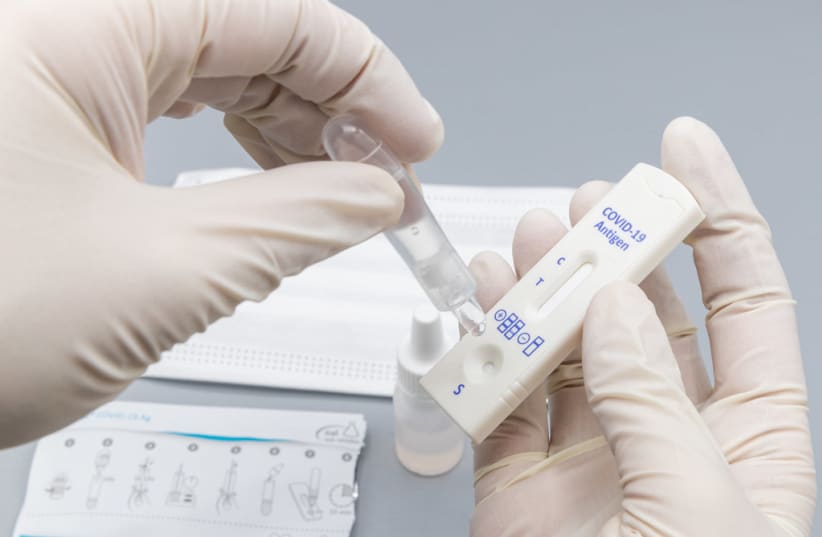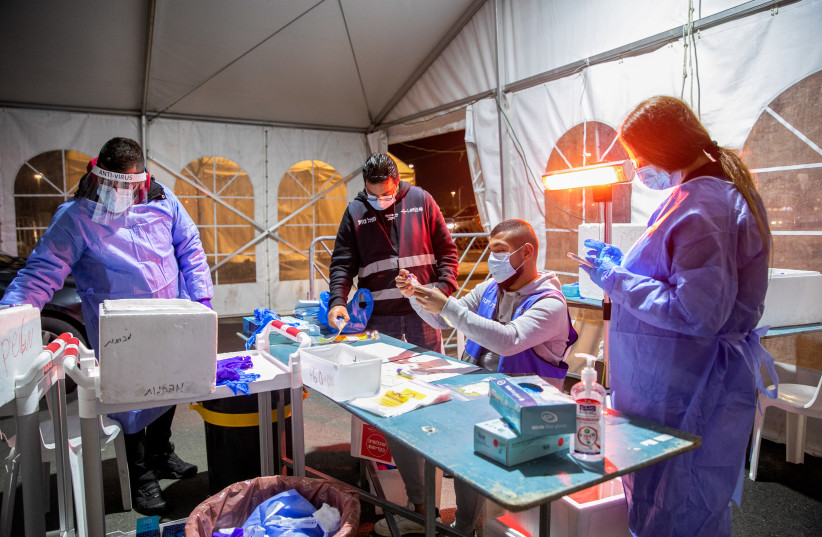The longest-known COVID-19 infection was identified by researchers from the United Kingdom, who revealed their findings at the European Congress of Clinical Microbiology & Infectious Diseases (ECCMID) this week.
The patient in question died after being infected with COVID-19 for 505 days.
New findings in virus changes
The researchers also found that new variants may develop in people with compromised immune systems and determined a case of an occult COVID-19 infection, where the patient tested negative but was later found to still have the disease.
The researchers, from Guy's and St. Thomas' NHS Foundation Trust as well as King's College London, aimed to examine how the virus changes in immunocompromised people.
Study author Dr. Luke Blagdon Snell from the trust said that new variants have emerged during the pandemic, some of which are more transmissible or resistant to vaccines. There is a possibility that these variants arise in immunocompromised people.
"We wanted to investigate which mutations arise – and if variants evolve – in these people with persistent infection," he said.
What is the significance of the findings?
The researchers observed nine immunocompromised COVID-19 patients who had tested positive for at least eight weeks. While the average infection lasted 73 days, two patients were infected for more than a year.
After taking samples from the patients on a regular basis and conducting genetic analyses, the researchers found that five out of nine of the patients developed COVID-19 variants such as Alpha, Delta and Omicron.
“This provides evidence that mutations found in variants of concern do arise in immunocompromised patients and so supports the idea that new variants of the viruses may develop in immunocompromised individuals," Snell said.

